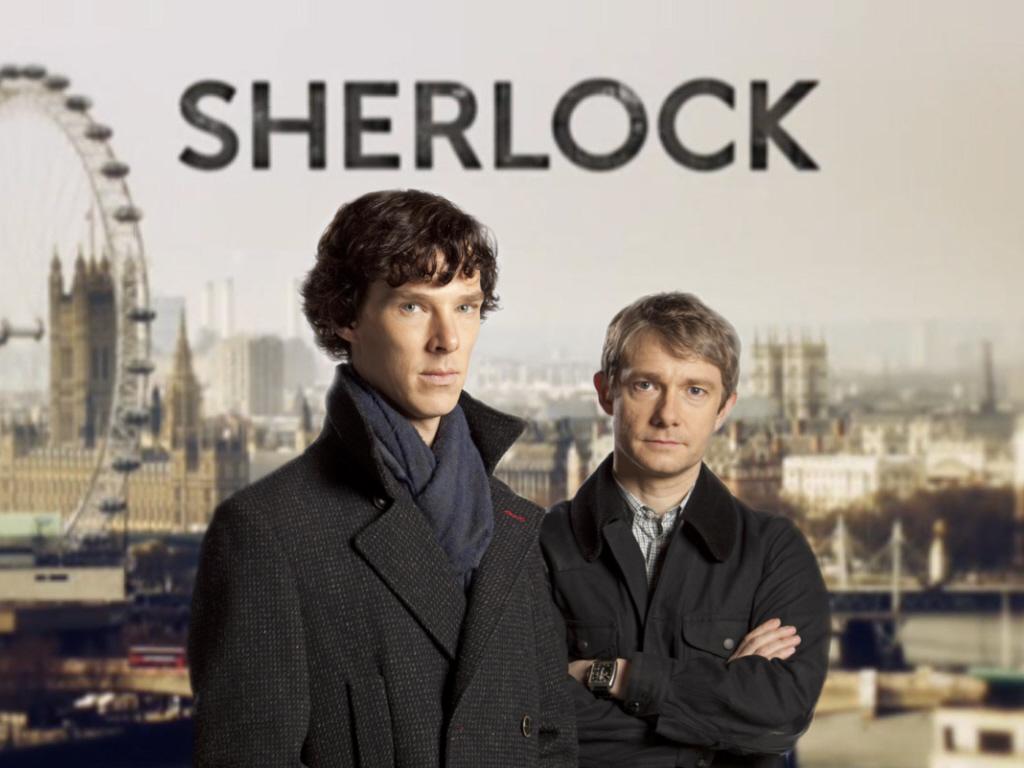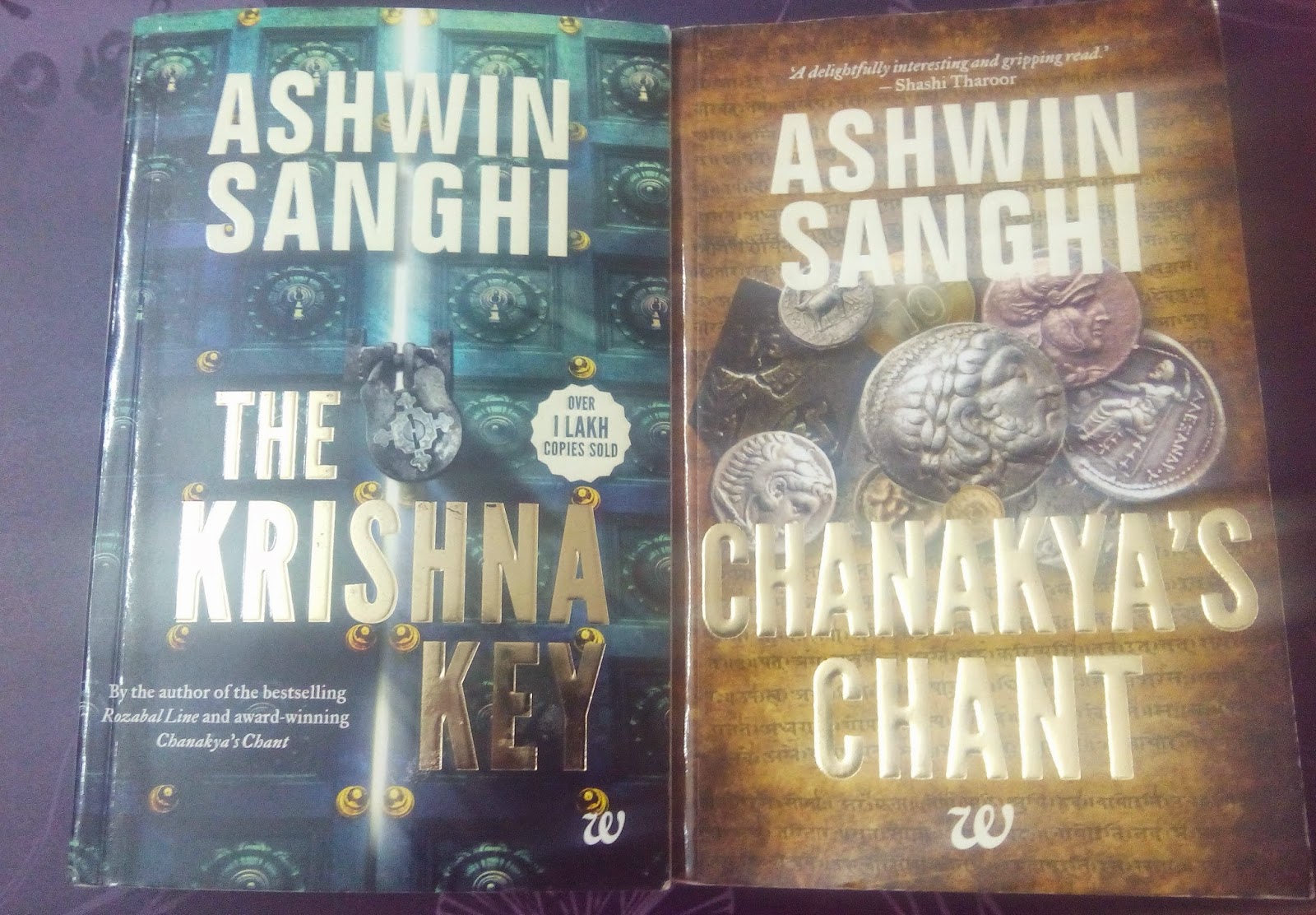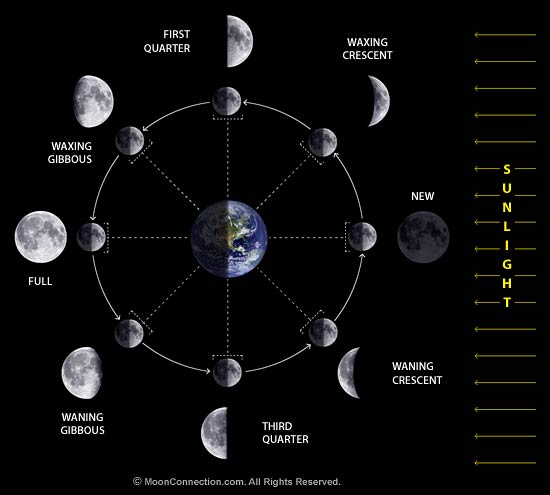The Chennai Floods have been so devastating. It affected everybody in a geographical expanse regardless of who one was. Money was rendered useless, communication channels were snapped. Here are some of the lessons I learned.
#1 Being Calm
It is extremely difficult to be calm in a hostile situation. We were surrounded by 5 feet of water with no power or cell-phone coverage. We had no idea what was happening in the outside world because we threw out the old-fashioned radios a very long time ago. While the day light gave some hope, nightfall was eerie. With the streets dark as far as you can see, with water sloshing around the lift as though it was a scene from Titanic, my family which was after all on the fourth floor, was pretty unnerved. At that moment, it was essential to be calm and think about your options logically. We eventually decided to stay put and we were stuck at home for four consecutive days in this condition.
#2 Humanity
In a time of crisis, people I barely knew came to help us. We divided our resources. Everyone on the street, from the person who ironed our clothes at the corner of the street to the actress who lived across, offered to share what little they had stored with them. We had to disconnect car batteries, disconnect power supply as the panels went underwater and share drinking water among us.
#3 Disaster Management is a Joke!
So many phone numbers were shared on social platforms, none of which were accessible at a moment of crisis. People could not expect such a disaster, that's true. The few people we reached out to, were afraid that they would be affected. There were a few helicopter rounds. We thought they would provide food, but they did not.For my particular case, that was fine because we were well-stocked. The official teams did not reach us. However, I heard that the youth of Chennai jumped into relief work immediately but I knew all that good work around 5 days later when both power and internet was restored.
#4 People care about you!
I am an introverted person. I was so surprised at the number of people who enquired in to my well-being once my phone sprung to life.
#5 Humans are massive consumers!
The floods made us realize how much power, water, internet and food we consume. We had to ration our food and more importantly adjust our recipes so that they don't involve grinding or too many dishes as we tried to curtail how much we had to wash. Plus, we cooked 'on-demand' as the refrigerator was no longer operational for storage. We had run out of greens by the end of two days, again adjusted recipes that depend on onions and potatoes that could be stored for long. By the fourth day, the water tanks were drying out and massive storage of water began.
#6 Economic Advantage for very very few
There were two people on my street who enjoyed massive profits. One - a milkman who came by boat and sold milk at three times the regular price. Another, was a boatman who offered to ferry us for a fortune but we declined when he asked us to swim towards him.
#7 I am not an owl!
I used to think I'm a night owl, I usually sleep at 1pm, etc. No! When there is no power and no internet, I slept at 9 pm sharp. I felt really concerned whether I'm abusing my body. Those three days, my habits were so regular. I woke up at the crack of dawn and slept within half an hour after dinner.
#8 Music saves us all
Every night, my sister played her veena. The tunes that wafted from it soothed our weary minds. It was a really beautiful experience, candlelit rooms with melodious notes.
#9 One for All and All for One
Our family spent most of the time together, in one room. All of us are so busy, chasing after our dreams, that we barely speak to each other together. The love that emanated from us kept us warm in the dread of gloom and uncertainty.
#10 Necessity is the mother of invention
At one point we run out of candles. My mom suddenly remembered that we could use oil lamps that we had just placed back in the shelves after Karthikai Deepam. It was a tiny idea but such innovations kept us going.
The Chennai floods showed us what nature can unleash. Most of us feel the effects would not have been so devastating if it had been managed in a better manner. Who knows? All I know is it was a lifetime experience, something that I will be quoting to everyone. If you're from Chennai, I hope you and your family have recovered from this ordeal.
#1 Being Calm
It is extremely difficult to be calm in a hostile situation. We were surrounded by 5 feet of water with no power or cell-phone coverage. We had no idea what was happening in the outside world because we threw out the old-fashioned radios a very long time ago. While the day light gave some hope, nightfall was eerie. With the streets dark as far as you can see, with water sloshing around the lift as though it was a scene from Titanic, my family which was after all on the fourth floor, was pretty unnerved. At that moment, it was essential to be calm and think about your options logically. We eventually decided to stay put and we were stuck at home for four consecutive days in this condition.
#2 Humanity
In a time of crisis, people I barely knew came to help us. We divided our resources. Everyone on the street, from the person who ironed our clothes at the corner of the street to the actress who lived across, offered to share what little they had stored with them. We had to disconnect car batteries, disconnect power supply as the panels went underwater and share drinking water among us.
#3 Disaster Management is a Joke!
So many phone numbers were shared on social platforms, none of which were accessible at a moment of crisis. People could not expect such a disaster, that's true. The few people we reached out to, were afraid that they would be affected. There were a few helicopter rounds. We thought they would provide food, but they did not.For my particular case, that was fine because we were well-stocked. The official teams did not reach us. However, I heard that the youth of Chennai jumped into relief work immediately but I knew all that good work around 5 days later when both power and internet was restored.
#4 People care about you!
I am an introverted person. I was so surprised at the number of people who enquired in to my well-being once my phone sprung to life.
#5 Humans are massive consumers!
The floods made us realize how much power, water, internet and food we consume. We had to ration our food and more importantly adjust our recipes so that they don't involve grinding or too many dishes as we tried to curtail how much we had to wash. Plus, we cooked 'on-demand' as the refrigerator was no longer operational for storage. We had run out of greens by the end of two days, again adjusted recipes that depend on onions and potatoes that could be stored for long. By the fourth day, the water tanks were drying out and massive storage of water began.
#6 Economic Advantage for very very few
There were two people on my street who enjoyed massive profits. One - a milkman who came by boat and sold milk at three times the regular price. Another, was a boatman who offered to ferry us for a fortune but we declined when he asked us to swim towards him.
#7 I am not an owl!
I used to think I'm a night owl, I usually sleep at 1pm, etc. No! When there is no power and no internet, I slept at 9 pm sharp. I felt really concerned whether I'm abusing my body. Those three days, my habits were so regular. I woke up at the crack of dawn and slept within half an hour after dinner.
#8 Music saves us all
Every night, my sister played her veena. The tunes that wafted from it soothed our weary minds. It was a really beautiful experience, candlelit rooms with melodious notes.
#9 One for All and All for One
Our family spent most of the time together, in one room. All of us are so busy, chasing after our dreams, that we barely speak to each other together. The love that emanated from us kept us warm in the dread of gloom and uncertainty.
#10 Necessity is the mother of invention
At one point we run out of candles. My mom suddenly remembered that we could use oil lamps that we had just placed back in the shelves after Karthikai Deepam. It was a tiny idea but such innovations kept us going.
The Chennai floods showed us what nature can unleash. Most of us feel the effects would not have been so devastating if it had been managed in a better manner. Who knows? All I know is it was a lifetime experience, something that I will be quoting to everyone. If you're from Chennai, I hope you and your family have recovered from this ordeal.







